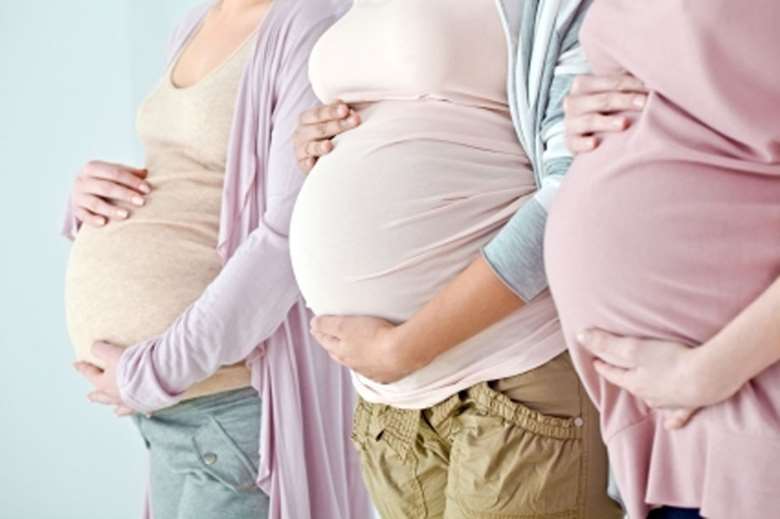Experts call for more early intervention on obesity
Monday, June 29, 2015
As a growing body of research suggests child obesity starts in the womb, health experts are calling for greater intervention early on.

Neena Modi, professor of neonatal medicine at Imperial College London, is arguing that rather than targeting anti-obesity campaigns at adults and young people - efforts that have so far failed - the Government should focus on pregnant women and babies.
Her comments follow the health secretary Jeremy Hunt's vow last month to make tackling childhood obesity a top priority, and to develop a national strategy to help address the problem.
According to Professor Modi, who took over as president of the Royal College of Paediatrics and Child Health in April, the 'seeds for obesity and poor health are sown very early on'.
She said that obese mothers were more likely to have obese children, who will grow to be obese adults.
Research led by Professor Modi in 2011 found that unborn babies whose mothers were overweight or obese had more fat around their abdomen.
Of the 105 babies in the womb whose fat levels were measured using MRI scans, just under a third had a similar fat distribution around the abdomen to adults in their fifties.
Carrie McCurdy, Assistant Professor at the Department of Human Physiology at the University of Oregon, also acknowledged that the nine months in the womb are recognised as a 'critical window' where a baby's metabolism is being set.
Professor McCurdy, who has an interest in the contribution of a mother's diet during pregnancy to childhood obesity, said, 'Increasingly, evidence strongly suggests that the pre-natal environment, which reflects both the mother's health and her diet, establishes her child's lifelong health trajectory. The most effective tool mothers have to promote optimal health for their children is to start with optimal health for themselves.'
To break the 'vicious downward generational spiral' of obesity and stop people becoming overweight in the first place, Professor Modi said the origins of obesity needed to be tackled. She suggested testing programmes making breastfeeding 'trendy' and training young children to like healthy food.
For Tam Fry, spokesperson for the National Obesity Forum, monitoring babies' weight in the first 12 months should be a priority. 'It is a disgrace that there are one-year-olds in the UK being treated for obesity in hospital. The first three years of life are so vital to a child's subsequent health and well-being,' he said.
'A quarter of four to five-year-olds are significantly overweight or obese by the time they enter primary school - and they didn't grow that fat overnight. They have been betrayed by the health professionals paid to check their progress as infants and toddlers.'
WHAT PRACTITIONERS CAN DO
HENRY (Health, Exercise and Nutrition for the Really Young), a national charity that delivers evidence-based training to equip early years and health practitioners with the skills to enable young children in their care to have a healthy start in life, recommends a practical approach be taken to tackle early childhood obesity.
Kim Roberts, chief executive of HENRY, which also runs an eight-week course for parents, said, 'Early years practitioners and parents must make the most of early opportunities in order to embed healthy eating practices.
'Following the practice of responsive feeding, which allows a baby to regulate its own appetite and eating, prevents overeating.
'Adults often tell a child to have one more bite of a food or to finish everything on their plate; however, when young children stop eating or spit food out, it is normally a sign that they are full up. Stopping this behaviour and being able to recognise babies' hunger and fullness signals, means overeating can be avoided.'
Ms Roberts also recommended that when weaning a child, practitioners and parents start with vegetables rather than fruits.because the sweet taste of fruit may make vegetables unpalatable.
The charity's training covers responsive feeding, and also emotional well-being, including the emotional association adults hold with food. 'Many adults are guilty of rewarding themselves with food. Most of the time, this is sugary and fatty food such as chocolate. They may use the same approach with children. Practitioners and parents should look at other ways of rewarding and praising children that doesn't involve food.'
In total, 10, 000 early years and health practitioners have participated in a HENRY training course since 2007. The charity plans to train a further 2,100 practitioners this year.




